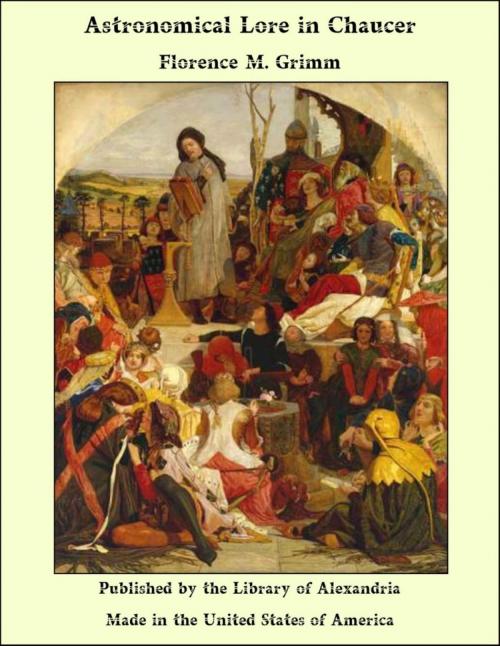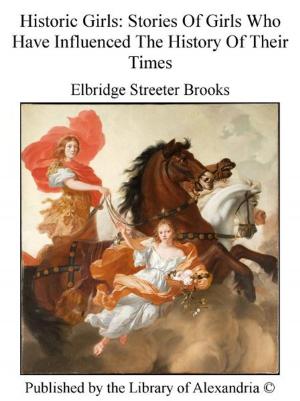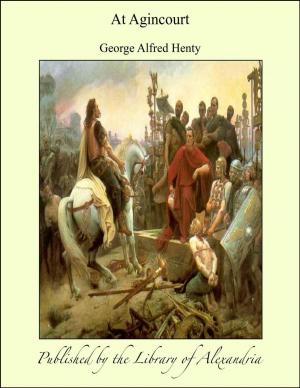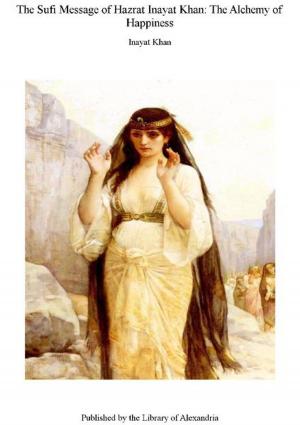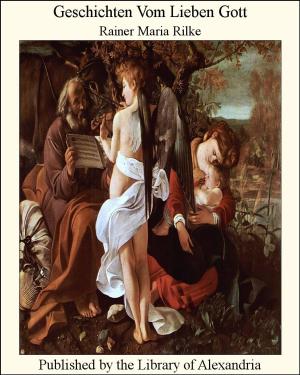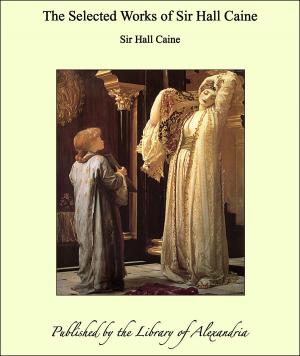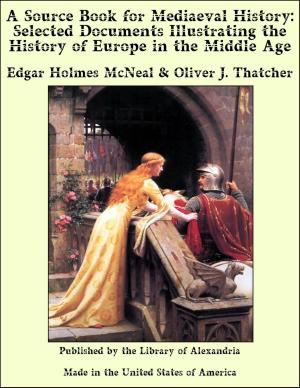Astronomical Lore in Chaucer
Nonfiction, Religion & Spirituality, New Age, History, Fiction & Literature| Author: | Florence M. Grimm | ISBN: | 9781465588616 |
| Publisher: | Library of Alexandria | Publication: | March 8, 2015 |
| Imprint: | Language: | English |
| Author: | Florence M. Grimm |
| ISBN: | 9781465588616 |
| Publisher: | Library of Alexandria |
| Publication: | March 8, 2015 |
| Imprint: | |
| Language: | English |
The conspicuousness of astronomical lore in the poetry of Chaucer is due to its importance in the life of his century. In the mediaeval period, astronomy (or ‘astrology,’ for the two names were used indifferently to cover the same subject) was one of the vital interests of men. The ordinary man of the Middle Ages knew much more than do most men to-day about the phenomena of the heavens; conveniences such as clocks, almanacs, and charts representing celestial phenomena were rare, and direct observations of the apparent movements and the relative positions of the heavenly bodies were necessary for the regulation of man’s daily occupations. Furthermore, the belief in a geocentric system of the universe, which in Chaucer’s century was almost universally accepted, was of vast significance in man’s way of thinking. Accepting this view, all the heavenly bodies seemed to have been created for the sole benefit of man, inhabiting the central position in the universe; their movements, always with reference to the earth as a center, brought to man light, heat, changes of season—all the conditions that made human life possible on the earth. Not only did the man of the Middle Ages see in the regular movements of the celestial spheres the instruments by which God granted him physical existence, but in the various aspects of heavenly phenomena he saw the governing principles of his moral life. The arrangement of the heavenly bodies with regard to one another at various times was supposed to exert undoubted power over the course of terrestrial events. Each planet was thought to have special attributes and a special influence over men’s lives. Venus was the planet of love, Mars, of war and hostility, the sun, of power and honor, and so forth. Each was mysteriously connected with a certain color, with a metal, too, the alchemists said, and each had special power over some organ of the human body. The planet’s influence was believed to vary greatly according to its position in the heavens, so that to determine a man’s destiny accurately it was necessary to consider the aspect of the whole heavens, especially at the moment of his birth, but also at other times. This was called “casting the horoscope” and was regarded as of great importance in enabling a man to guard against threatening perils or bad tendencies, and to make the best use of favorable opportunities.
The conspicuousness of astronomical lore in the poetry of Chaucer is due to its importance in the life of his century. In the mediaeval period, astronomy (or ‘astrology,’ for the two names were used indifferently to cover the same subject) was one of the vital interests of men. The ordinary man of the Middle Ages knew much more than do most men to-day about the phenomena of the heavens; conveniences such as clocks, almanacs, and charts representing celestial phenomena were rare, and direct observations of the apparent movements and the relative positions of the heavenly bodies were necessary for the regulation of man’s daily occupations. Furthermore, the belief in a geocentric system of the universe, which in Chaucer’s century was almost universally accepted, was of vast significance in man’s way of thinking. Accepting this view, all the heavenly bodies seemed to have been created for the sole benefit of man, inhabiting the central position in the universe; their movements, always with reference to the earth as a center, brought to man light, heat, changes of season—all the conditions that made human life possible on the earth. Not only did the man of the Middle Ages see in the regular movements of the celestial spheres the instruments by which God granted him physical existence, but in the various aspects of heavenly phenomena he saw the governing principles of his moral life. The arrangement of the heavenly bodies with regard to one another at various times was supposed to exert undoubted power over the course of terrestrial events. Each planet was thought to have special attributes and a special influence over men’s lives. Venus was the planet of love, Mars, of war and hostility, the sun, of power and honor, and so forth. Each was mysteriously connected with a certain color, with a metal, too, the alchemists said, and each had special power over some organ of the human body. The planet’s influence was believed to vary greatly according to its position in the heavens, so that to determine a man’s destiny accurately it was necessary to consider the aspect of the whole heavens, especially at the moment of his birth, but also at other times. This was called “casting the horoscope” and was regarded as of great importance in enabling a man to guard against threatening perils or bad tendencies, and to make the best use of favorable opportunities.
